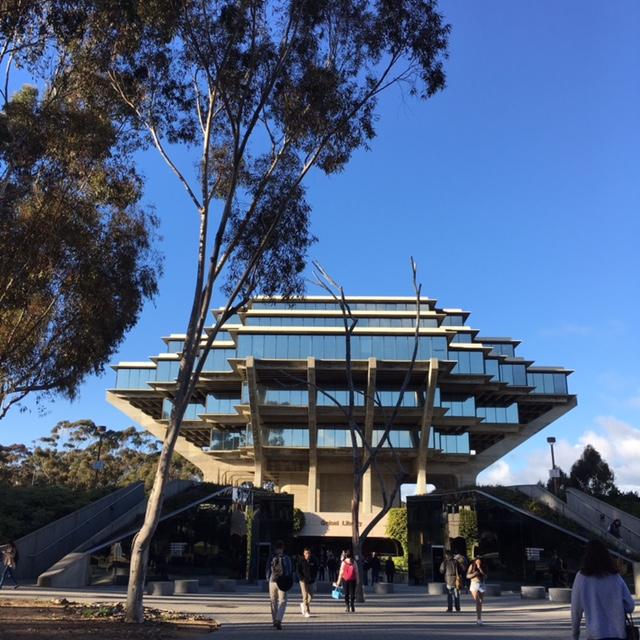The University of California–San Diego has invited the Dalai Lama to speak at commencement in June, and a group of Chinese students at the university is rallying to stop his speech. There may be more to the events than meets the eye, however, as a social media posting said to be from the student group states it has been given directions by the Chinese Consulate.
The Dalai Lama is the spiritual leader of Tibet and has been in exile since March 1959, when he fled Tibet fearing the Chinese occupiers intended to abduct him. Tibet was invaded by the Chinese Communist Party’s (CCP) People’s Liberation Army in October 1950. The CCP pushes a line that it “liberated” Tibet and heavily censors information on the topic, while calling the Dalai Lama a “separatist.”
The group trying to prevent the speech is a local branch of the Chinese Student and Scholars Association (CSSA), a nationwide student organization known to receive funding and directives from the CCP through its consulates in the United States.
The CSSA has openly stated it is working under the guidance of the Chinese regime.
It published a statement on WeChat (a Chinese instant messaging platform) that states, translated from Chinese, that “the Chinese Student and Scholar Association has asked the Chinese Consulate in Los Angeles for instructions and, having received the instructions, is going to implement them.”
It tells students to not act outside official guidance of the CCP, and says “specific measures to be taken will be elaborated on in future announcements.”
“Our association has been forced to take tough and unyielding measures,” it states.
The statement appears to have been taken offline, but a web archive of the page is still available.
The “About Us” page for the CSSA at the university, translated from Chinese, says it is a “public benefit organization” and is “affiliated to the Chinese Consulate General in Los Angeles.” It also says it works as a “Chinese Embassy bridge.”






